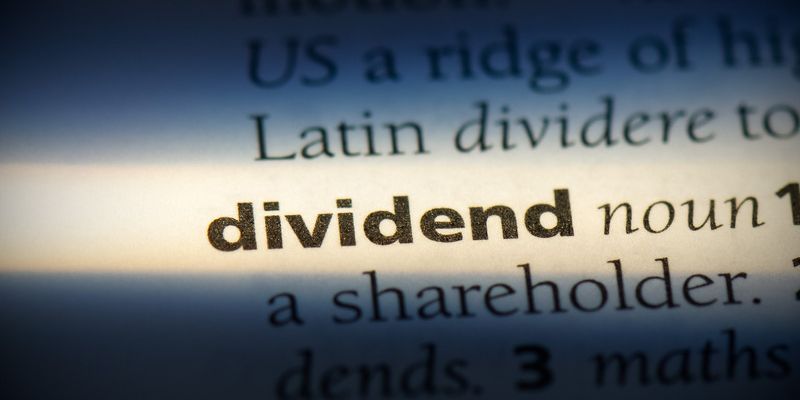Choosing a reputable and experienced public adjusters allows you to navigate the claims process with confidence and peace of mind.

How Florida Insurance Execs Get Rich While Risking You

CEO’s and Insurer Executives Rake in Millions, Leaving Policyholders Vulnerable
To the policyholder, insurance is supposed to represent the last layer of defense against an outright loss. This safety net should, in essence provide the insured with peace of mind, knowing they are protected against financial ruin. Yet, in years past, we’ve seen many instances in which Florida based insurance executives have pocketed millions while leaving their company coffers without the surplus needed to effectively facilitate their insurance obligations.
Recent legislation has, in some ways limited the avenues in which policyholders can sue their insurer – part of a mixed bag of incentives that includes the cessation of AOB (assignment of benefits) for contractors to play the role of homeowner.
Several Florida-based insurance companies have either raised rates by double digits or became in solvent in the last few years alone. Some, such as Governor Ron DeSantis have placed the blame on overregulation, which is indeed a salient point. However, this does not belie the full picture, which includes Florida-based insurance execs taking massive payouts during non-hurricane years, often leaving their policyholders in danger of insolvency.
Furthemore, several Florida insurance executives took enormous payouts that, when compared to much larger companies look even more egregious. As noted in the Tampa Bay Times column by Lawrence Mowry:
In 2015, State Farm’s CEO earned $13.3 million overseeing America’s largest property insurance company. That same year at Tampa-based Heritage Insurance Holdings, one of numerous small Florida-based homeowners insurance companies, its CEO made $27.3 million — despite overseeing 0.3% of the number of policies and accounts of State Farm.
Additional examples of executive misappropriation include United Insurance Holdings, who are currently under investigation following a massive payout in stock dividends, mostly to company officers, while reported lower profits. Between 2014-18, Ft. Lauderdale headquartered Universal Insurance Holdings paid its CEO between $14M and $25M annually, while recently reducing policies. Most of these payments are disbursed to sister companies that skirt many regulations that are applied to the executives themselves.
The Epic 2008 Poe Insurance Collapse
Perhaps worst of all, was the 2008 Poe Insurance Group collapse, which has been attributed directly to high payouts to executives. Following the historic hurricane seasons of 2004 and 2005, Poe went insolvent, leaving Florida policyholders with over $850M in unpaid claims.
Only $143.5M was recouped following lawsuits by the state. It was the aftermath of Hurricane Wilma, that first illuminated the role of public insurance adjusters to many who were unfamiliar with the profession. For those living here at the time, the sea of bright blue roof tarps in every neighborhood were a reminder of the impropriety of their insurers.
So what can consumers do? When filing a claim, hiring an insurance adjuster should be second nature, but that doesn’t guarantee your safety against the potential that large executive payouts putting your policy on the chopping block. Utilize what public information is available, and hold your insurance company accountable for every dollar you invest in their policy.



